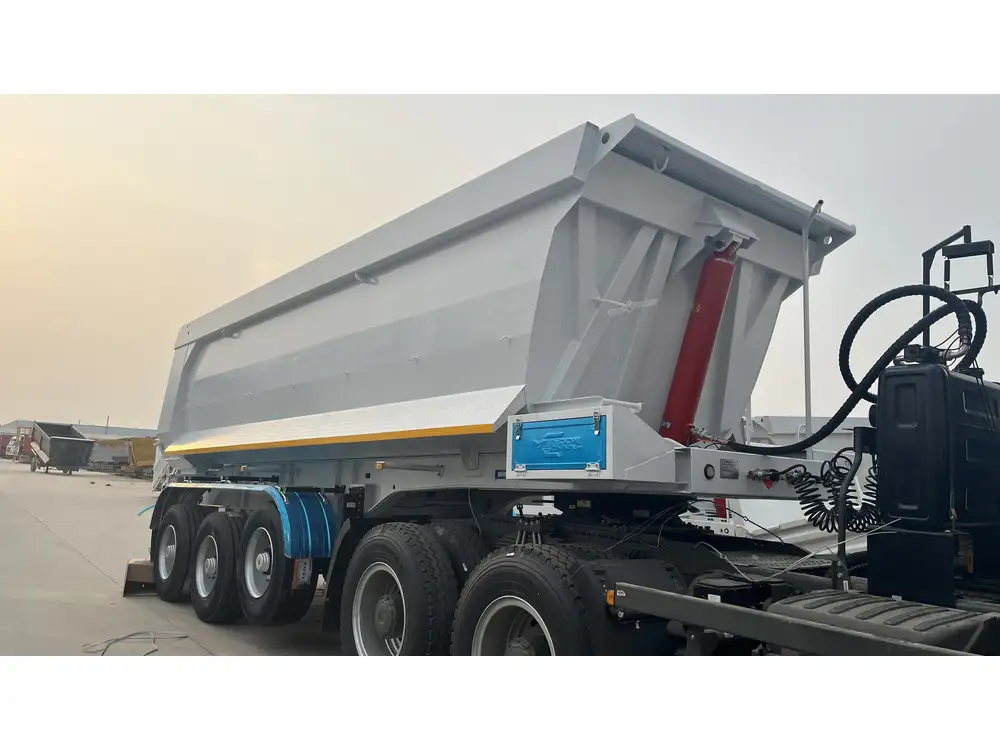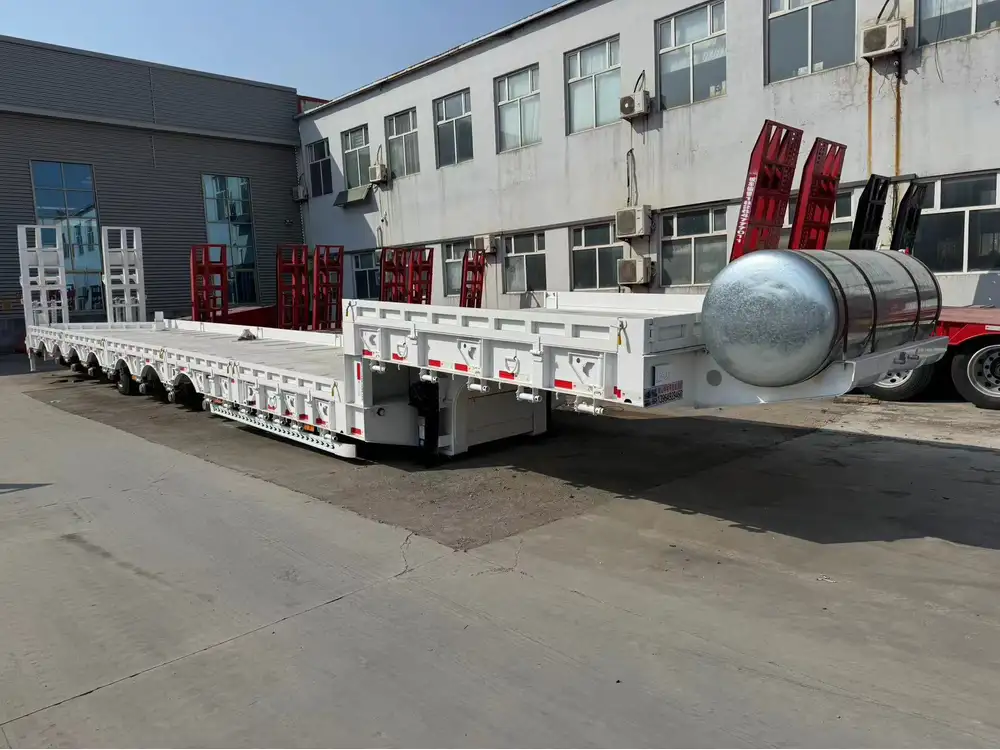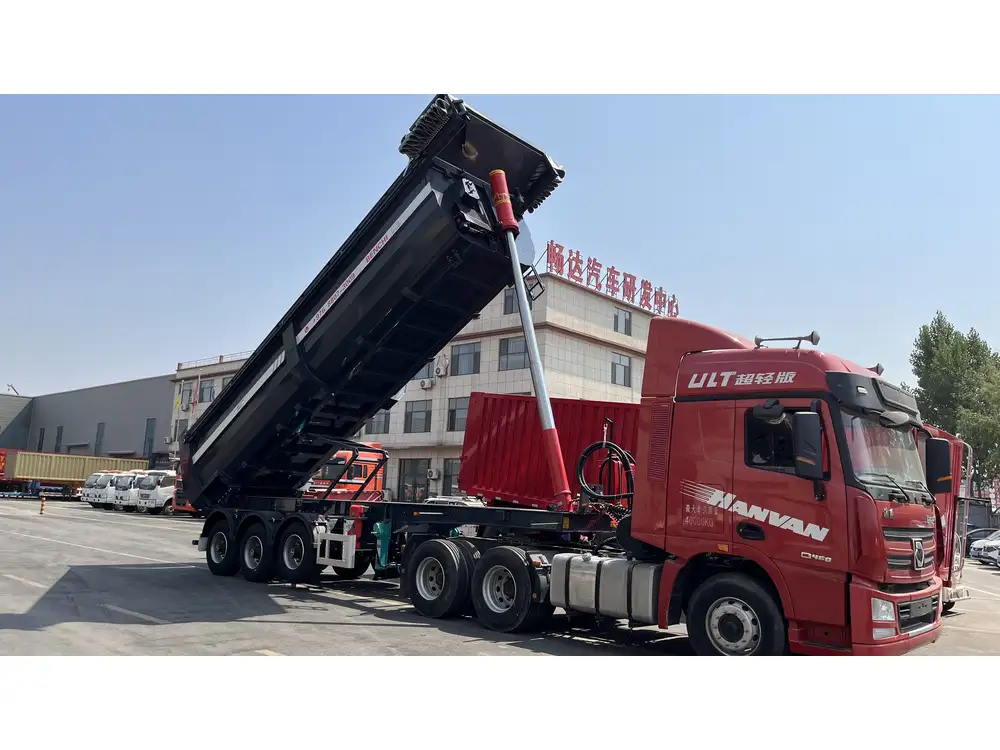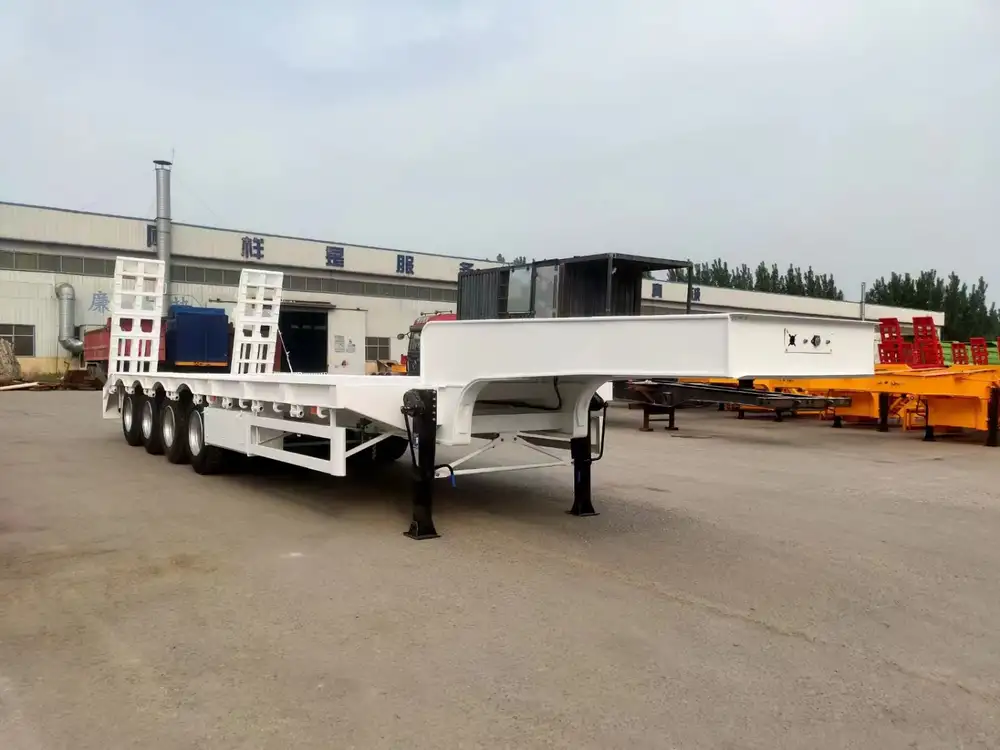Understanding Metro Dump Trailer Manual Jacks
Metro dump trailers are essential for various industries, serving as a reliable means for transporting and unloading materials. One of the critical components of these trailers is the manual jack system. Proper function of the jacks ensures stability during loading and unloading processes. Over time, wear, rust, or other issues may necessitate repairs to maintain efficiency and safety.
Common Problems with Manual Jacks
Manual jacks may encounter several issues, including:
| Problem | Symptoms | Solutions |
|---|---|---|
| Rust or Corrosion | Stiff operation, squeaking noises | Cleaning, lubrication, or replacement |
| Broken Gear Assembly | Jack won’t raise or lower | Disassemble and replace gears |
| Hydraulic Leak | Jack fails to hold position | Inspect seals and replace them |
| Bent or Damaged Main Ram | Jack tilts or wobbles | Straighten or replace |
Understanding these potential issues helps in diagnosing problems efficiently.

Tools Required for Repairs
Before commencing any repair, gather the following tools and materials:
Basic Tools
- Socket set
- Adjustable wrenches
- Screwdrivers (flathead and Phillips)
- Pliers
Specialized Tools
- Hydraulic jack oil
- Rust remover (such as WD-40 or other penetrating oil)
- Replacement parts (gears, seals)
Safety Equipment
- Gloves
- Safety glasses
- Steel-toed boots
Safety Precautions
Safety cannot be overstated when working with trailers. Always ensure:
- The trailer is disconnected from the towing vehicle.
- The area is clear of bystanders.
- Proper lifting techniques are employed when handling heavy components.
Step-by-Step Repair Process

1. Assessment of the Manual Jack
Begin with a detailed inspection:
- Check for visible rust, tears in seals, or bent components.
- Use a jack to lift the trailer slightly and test the operation.
- Diagnose based on the symptoms identified.
2. Disassembly of the Manual Jack
To perform repairs, it might be necessary to disassemble the jack:
- Cabinet Removal: Remove the cover or casing if applicable. Most jacks have accessible panels secured by bolts.
- Gears Inspection: Take precautionary notes on the assembly order of gears and springs for easy reassembly later.
3. Cleaning and Lubrication
Cleaning is essential for effective repairs:
- Remove Rust: Use a rust remover to clean the jack components. Ensure all grime and debris are eliminated.
- Lubricate: Apply hydraulic jack oil to moving parts, including gears, pivot points, and any bearing surfaces.

4. Replacement of Damaged Parts
If any parts are damaged or worn out, it’s essential to replace them:
- Gears: If the gears show signs of stripping or damage, replace them with new components that are compatible with your Metro dump trailer.
- Seals: Inspect seals for any leaks. Replacing them will often stop hydraulic leaks and restore functionality.
5. Reassembly
Once repairs and replacements are made, the jack needs to be reassembled in reverse order:
- Follow Your Notes: As noted during disassembly, carefully put back together the jack ensuring that no parts are left unassembled.
- Secure Bolts and Fasteners: Make sure all bolts and screws are tightly secured to prevent future issues.
6. Testing the Manual Jack
Testing the manual jack is crucial before returning the trailer to service:
- Functional Test: Raise and lower the trailer several times to ensure it operates smoothly without abnormal noise.
- Load Test: If the jack passes the functional test, perform a load test (still disconnected from vehicle) to ensure it can hold weight securely.

Maintenance Tips for Manual Jacks
To prolong the life of your Metro dump trailer’s manual jacks, consider the following proactive steps:
| Maintenance Tip | Frequency | Benefits |
|---|---|---|
| Regular Cleaning | Monthly | Prevent rust and dirt buildup |
| Lubrication of Moving Parts | Every 3-6 months | Improves smooth operation |
| Inspection of Seals & Gears | Bi-annually | Early detection of wear & tear |
| Functionality Tests | Before use | Ensure operational safety |
Importance of Routine Checks
Regular maintenance and checks can save considerable costs associated with major repairs and can enhance the safety and lifespan of your trailer’s jacks.
Frequently Asked Questions (FAQs)

How do I know when my manual jack needs repair?
Signs such as difficulty operating, rust accumulation, hydraulic leaks, or unusual noises typically indicate that your jack may need repairs.
What kind of oil should I use for my manual jack?
It’s best to use hydraulic jack oil, which is specifically designed for higher pressure systems to facilitate smooth function.
Can I replace the jack myself?
Yes, as long as you follow the appropriate steps carefully and have the necessary tools, you can replace or repair most parts of the manual jack.

How much does it cost to repair or replace a manual jack?
Costs can vary based on the extent of damage, availability of parts, and whether you choose to conduct repairs yourself or hire a professional. Typical costs can range from $50 to $300, depending on these factors.
What if I cannot fix the manual jack myself?
If you’re unable to perform the repair after troubleshooting, consulting with a professional mechanic or trailer service provider is wise to avoid safety hazards.
Conclusion
Repairing a Metro dump trailer’s manual jack can seem daunting, but with a structured approach, the right tools, and a solid understanding of the system, it can be an achievable task. Regular maintenance and timely repairs will keep your hauling operations running smoothly and efficiently, safeguarding your investment in your trailer. By following this guide, we hope that you feel equipped to tackle any issues that arise with your manual jacks and maintain the operational excellence of your trailer.
Emphasizing safety, adhering to thorough inspection processes, and maintaining a regular maintenance routine will bring peace of mind, allowing you to focus on the more significant tasks at hand—successfully transporting your goods.



